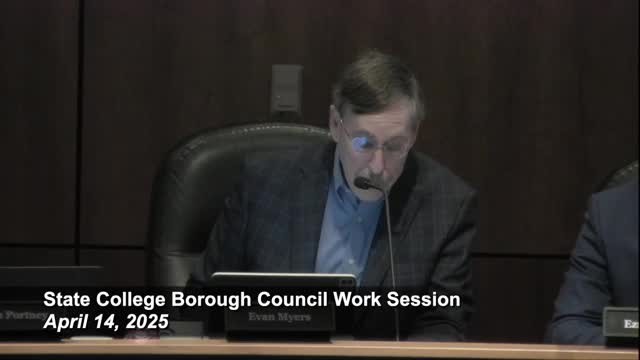Article not found
This article is no longer available. But don't worry—we've gathered other articles that discuss the same topic.
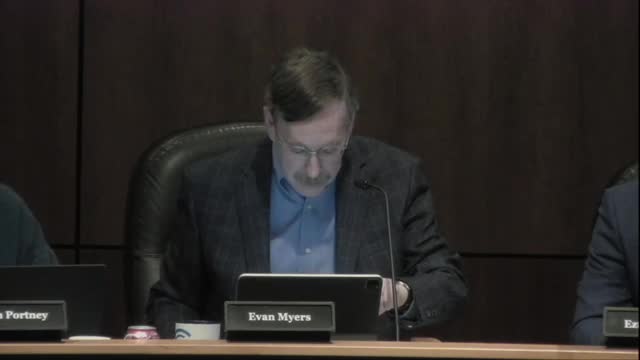
Developer seeks deed‑restriction amendment for Westerly Parkway site; council to consider amendment April 21
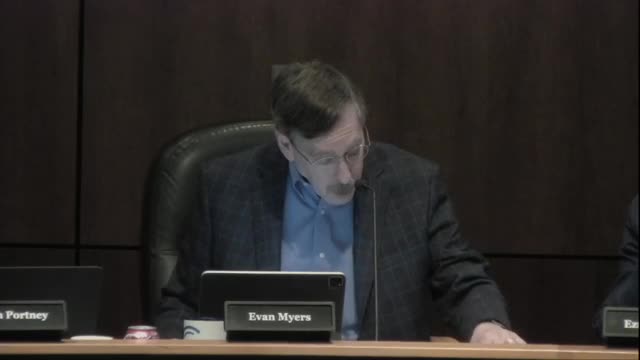
State College leaders condemn threats, urge support for international students after visa revocations and attack on governor's residence
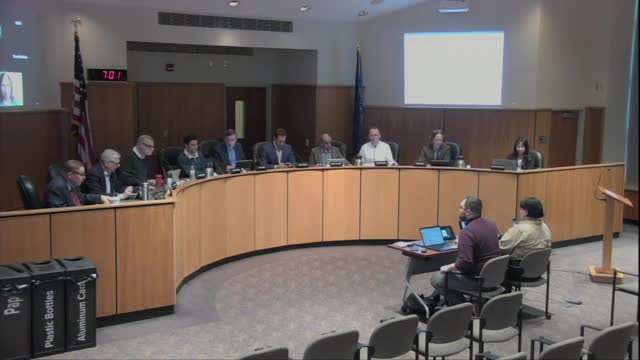
State College police say investigation into thwarted school attack is ongoing; one arrest made
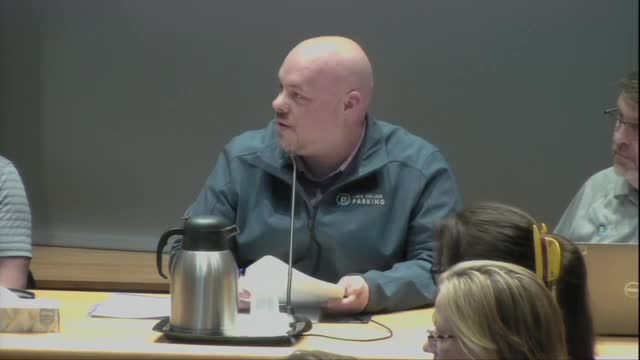
Borough staff and students research pollinator policies; report recommends voluntary pathway and demonstration projects
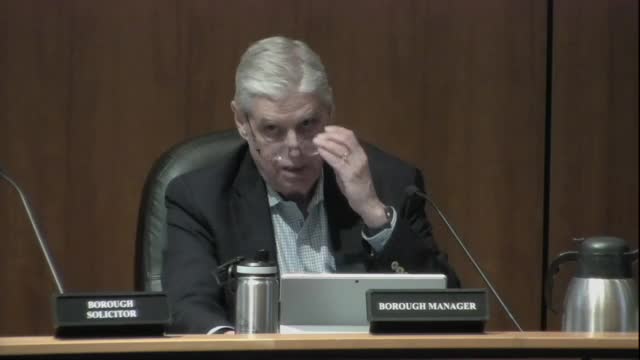
Borough to trial ParkMobile‑only payment at four zones; staff proposes broader parking code updates
